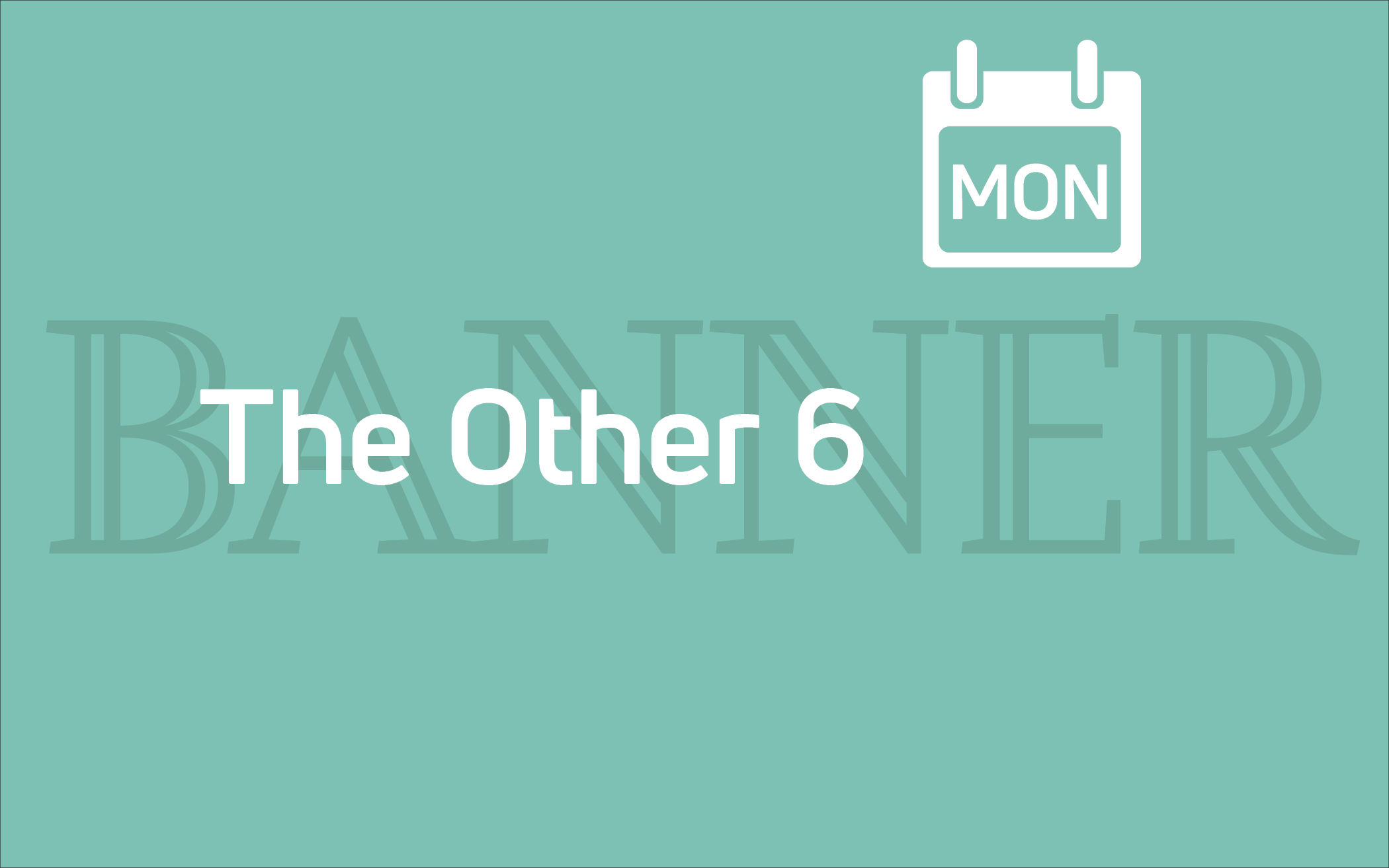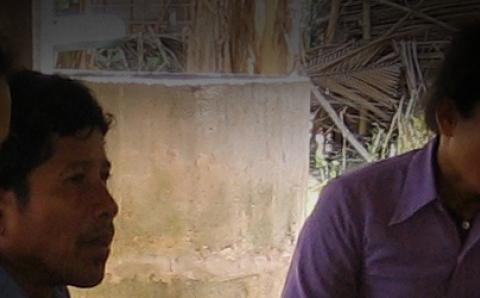Beginning in 2011 on Wall Street and spreading across North America, Occupy protests have drawn attention to rising rates of inequality in both Canada and the United States. Protesters point out the unequal distribution of wealth and opportunity between the richest 1 percent and the rest of the population, and the inherent unfairness of a system that creates such inequality.
Many Christians don’t like talking about inequality. Talking about poverty is OK because God calls us to care for people who are poor. But inequality—that smacks of envy, and envy is a sin. If we have enough to meet our daily needs, then why would we care how much others have?
Maybe because humans are deeply social beings, as the Bible tells us and social science confirms. We are relational, created to live in community with God and with others. But our social nature can be for good or ill. It can inspire us to create meaningful communities in which we bear one another’s burdens, inspire, and encourage each other. Or it can prompt a constant need to create hierarchies, define and distinguish ourselves as better than others, and compete with others in order to feel better about our own position.
In The Spirit Level: Why More Equal Societies Almost Always Do Better, epidemiologists Richard Wilkinson and Kate Pickett review studies that show how insidiously hierarchies act on human well-being. In a busy bureaucracy, for example, you might think that it’s the people at the top who bear most of the responsibility for important decisions and suffer the most stress and stress-related heart attacks. Instead, it’s the secretaries and assistants who feel powerless and inferior and suffer the most stress.
Wilkinson’s and Pickett’s research shows that unequal societies suffer from more health problems, higher mortality rates, more crime, more drug abuse, more teen pregnancies, and worse educational outcomes at every income level when compared with a more equal society. So even those with plenty of money are worse off when they live in an unequal society.
In ancient Israel, God’s laws mandated periodic redistribution of wealth to the poor and needy. This ensured that no one was permanently left behind, just as no one was allowed to accumulate wealth at the expense of others. These laws also required redistribution of the means of production—land, grain, and livestock—so that everyone had the opportunity to participate in the economy.
Every seventh year, all debts were to be forgiven and slaves were to be released with generous gifts (Deut. 15:1‐18). Every 50th year was the Year of Jubilee, when land that had been sold was to be freely returned to the seller (Lev. 25:8‐55), as it had been equally divided when the Israelites first entered the Promised Land.
Our modern economy is very different from that of ancient Israel, but that doesn’t mean that an economy of care is out of our reach. Churches can and should be a prophetic voice for a covenant economy, one that is centered on caring for people and the earth.
Recent research on well-being suggests that what makes us happiest is being part of a community where we feel connected to one another. Accumulating wealth without limits can never make us as happy as simply getting to know our neighbors and caring for each other. In the simple act of reaching out we can find abundance.
About the Author
Chandra Pasma is a policy analyst for Office of the Leader of the Opposition, House of Commons, Ottawa, Ontario. She attends Calvin Christian Reformed Church. The views represented in this article are the author's and not those of her employer.








